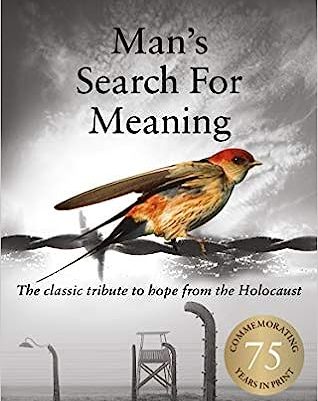
Think for a minute
Think for a minute
The Retune Blog - 15th September 2023
You don’t often read positive things about former conservative MP’s when you live in Merseyside. So, it was really unexpected when I read an article about former MP Lord Michael Heseltine in which he described his work associated with the regeneration of Liverpool as some of the most satisfying of his career. I perhaps shouldn’t have been surprised as in 2012 he was awarded the status of Freeman of Liverpool for his well documented work challenging the notion in the cabinet back after the 1981 Toxteth riots that Liverpool should be left to a managed decline.
Regeneration can be a controversial topic, and not always because there might be those who are willing to see an area fall into disuse, or those who might want to profiteer out of regeneration. For many people, if not the majority, change can be a challenging notion which can leave us with feelings of insecurity and vulnerability. This idea of social and communal change was considered in The Housemartins Think for a Minute:
Something's going on, a change is taking place. Children smiling in the street have gone without a trace … And those that used to say hello, simply pass you by.
Perhaps the nostalgic longing we all sometimes feel, that idea expressed in the song that things aren’t as they used to be, can have an element of truth. But it also has an element of naive romanticism. For example, the good old days people talk about were also often times that weren’t that good for everyone, like the mass cover ups of child abuse in numerous areas of society.
So, in relation to living life well, how do we negotiate change, nostalgia, fear and hope? Well the song has something to say about this:
Think for a minute. Stop for a minute.
Whereas nostalgia, fear and hope are all expressions of emotion, there is a more cognitive response we can have. To pause and think. The holocaust survivor and psychiatrist, the late Viktor Frankl, said there's a space between a stimulus and our response, and it is here that we have the power to choose how we respond and where we can find our path to growth and freedom regardless of the degree of access to choices in the situations we may face.
It’s a mind-blowing concept to consider. Frankl in a physically and emotionally dark and bleak set of circumstances defied his lack of practical freedom by recognising he still had cognitive freedom.
Whenever I feel like life is hard, or wish for some sort of romantic nostalgia of the freedom of days gone by, I remember Frankl. I think of the extreme circumstances he experienced, and I’m challenged that whilst I may feel down, I can still make good choices if I take the time to pause and think.
Providing a personal account of his experiences in a Nazi concentration camp, this book by Viktor Frankl is yet full of love, hope, freedom and beauty. His ability to observe and reflect in the most dire of circumstances eventually became foundational to his theory of logotherapy. Frankl’s methodology, explored in the book, explores how it is finding meaning and purpose, rather than our circumstances, which can inform a life of personal happiness and wellbeing.








-
-
1 year
Tagged broken compass, Choices, decisions, five bolt main, life compass